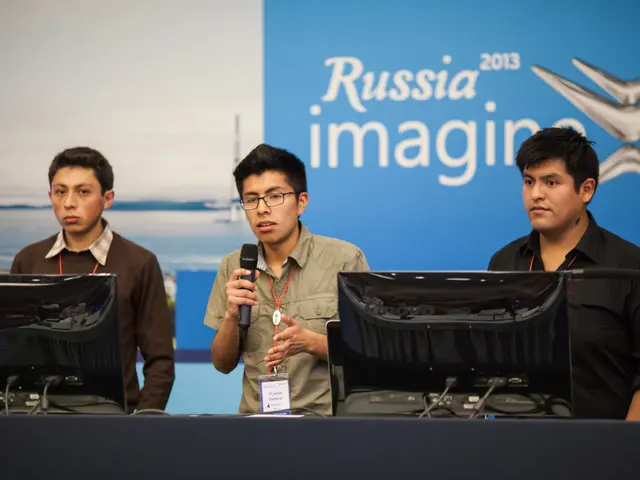Aerospace Veteran Victoria Coleman to Lead UC Berkeley's New Space Center
Victoria Coleman, a renowned aerospace expert with 40 years of experience, has been appointed to lead the University of California, Berkeley's new research and innovation hub, the Berkeley Space Center. This public-private venture, created in collaboration with SKS Partners, aims to provide research spaces for companies working with university and NASA scientists and engineers, fostering new technologies for space operations.
Coleman, who previously served as chief scientist for the U.S. Air Force and head of DARPA, is committed to pioneering dual-use aerospace innovations that strengthen national security while enabling commercial growth. She will serve as Associate Provost for the Berkeley Space Center and a professor in the Department of Electrical Engineering and Computer Sciences. Her areas of interest include trusted microelectronics for mission-critical systems, software-defined space architectures, and sustainable space engineering practices.
The Berkeley Space Center, set to be built on 36 acres leased from NASA's Ames Research Center in Mountain View, will focus on emerging technologies for aviation and space exploration. Several research collaborations and executive education programs have already been established in advance of the physical development of the center. Coleman succeeds Alex Bayen, who spent nearly five years bringing partners together to launch the initiative with NASA and SKS Partners. The center aims to unite the campus community working on space and discovery with innovators pursuing advanced aviation and autonomous transportation.
With Coleman at the helm, the Berkeley Space Center is poised to become a hub for innovative research and collaboration in the aerospace industry. Her extensive experience and commitment to dual-use innovations will help bring the campus's vision for the center to fruition, ultimately advancing both national security and commercial growth in the field.
Read also:
- Rising state pension ages disproportionately impact a particular demographic, raising questions about the necessity of extending working years.
- Increase in mortality among seniors due to falls
- Inquiries Frequently Encountered
- Greece pursuing building techniques without the use of traditional heating methods







